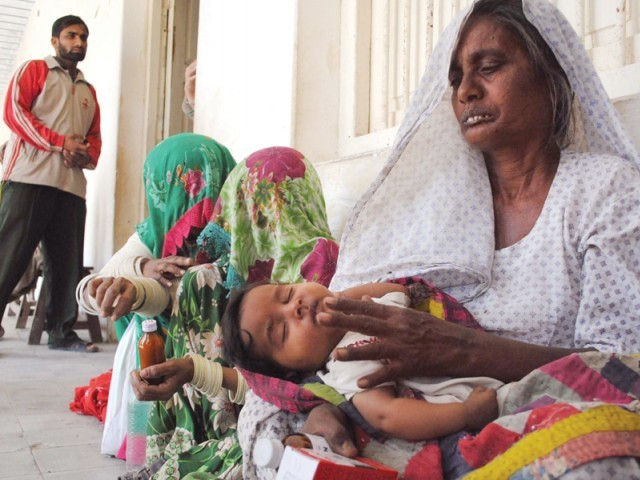We all know that many things are considered taboo in Pakistan.
We’re still not comfortable with mental illnesses.

We’re also pretty iffy when it comes to discussing menstruation.
Sometimes, we hesitate while talking about sexual assault or harassment, too.
Sex education – also a taboo topic.
Therefore, it doesn’t come as a surprise that there isn’t a lot of conversation around breastfeeding, either.
And that’s actually not just us. Breastfeeding, though a completely natural phenomenon, isn’t well received in general around the globe. However, an alarming pattern has been observed over the past decade; one that makes conversation around breastfeeding essential.
It has been observed over the last decade that a decrease in breastfeeding mothers is leading to stunted growth in children.
Ms. Angela Kearney, the UNICEF Representative to Pakistan has stated: “Pakistan has an alarmingly low rate of exclusive breastfeeding, with only 38 percent of children under six months of age being fed by their mothers.”
Women tend to refrain from breastfeeding for multiple reasons.
Firstly, there isn’t necessarily a lot of awareness regarding the nutritional benefits of breast milk. The fact that it’s filled with essential nutrients and antibodies is either not known, or overlooked altogether. Secondly, we have a long way to go before the taboo around the act itself dies down. Moreover, there’s also been a switch from breast milk to bottled milk over time.
Not breastfeeding a newborn within an hour of birth deprives them of those constituent nutrients and antibodies that would otherwise protect the child from diseases.
In a country like Pakistan, where infant mortality rates are already pretty high, a child being breastfed early could increase its chances of survival.

Additionally, we need to know that breastfeeding is beneficial for the mothers as well.
Pakistan’s rate of growth stunting, according to UNICEF, is among the highest in the world.
Poor sanitary conditions and nutrition alongside a lack of education and awareness for mothers have a lot to do with this. By casting aside such topics, we’re harming the future generation in more ways than we realize. And considering the fact that they’re our only hope, we’re not really doing ourselves a lot of favors, are we?
What do you think about this? Have anything to add? Share your thoughts with us in the comments below.








